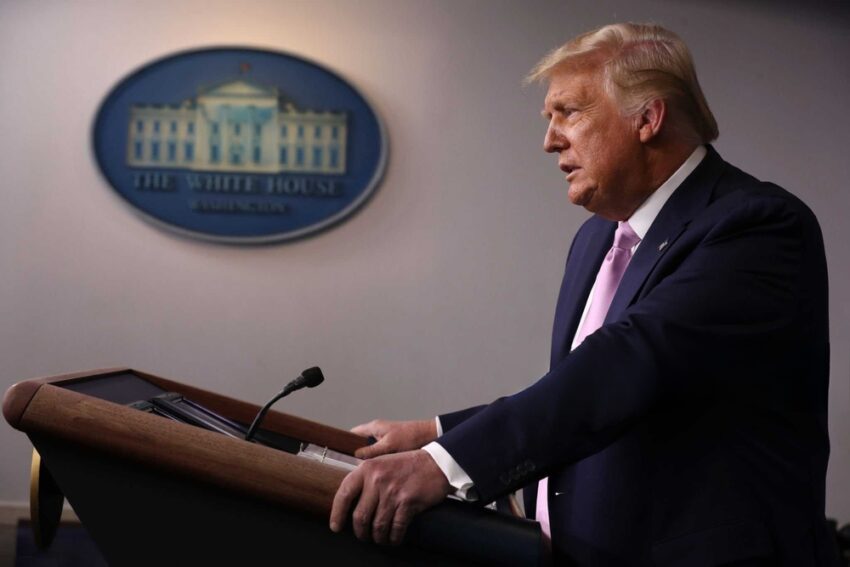British venture capital firm Fuel Ventures predicts that a new wave of Chinese investment could be heading towards Britain – potentially amounting to $33 billion – if Donald Trump’s second presidency leads to a sharp decline in Chinese financing for the United States leads.
The company’s projections follow a sharp drop in Chinese investment during Trump’s first term, when money flows to America fell by more than 80 percent in two years.
Mark Pearson, founder of Fuel Ventures, says the country’s dynamic technology sector and strong track record of innovation make it a prime destination for displaced Chinese capital. “We predict that there will be around $33 billion up for grabs from Chinese companies in the coming years, and Britain will only benefit,” Pearson explains, adding that interest has already increased as major Chinese investors step up reassess exposure to the US.
Statistica figures show that Chinese investment in the United States plummeted 36 percent when Trump took office, and plunged another 83 percent the following year. Fuel Ventures predicts that if these patterns repeat, Chinese inflows could fall from $28 billion in 2023 to just $10 billion in Trump’s first year back in power in 2025, before falling to $3 billion thereafter.
Chinese investors’ long-held preference for British education – fueled by leading universities and secondary schools – further strengthens Britain’s appeal, said Jing Jing Xu, managing director of Fuel Ventures Asia. “In addition to education, the British lifestyle and cultural ties with Europe make the country a reliable, sophisticated gateway to Western markets,” she says.
She also notes that closer ties with Chinese officials – as evidenced by a recent meeting with Beijing’s deputy mayor – point to better opportunities for cooperation. “We are forging deeper relationships with both the mayor and the Chinese government, highlighting Britain’s potential to deliver cutting-edge technology and long-term growth,” Xu added.
As the geopolitical landscape evolves, UK tech leaders hope these developments can position Britain as an increasingly attractive destination for international investors looking for a diversified portfolio outside the US.

